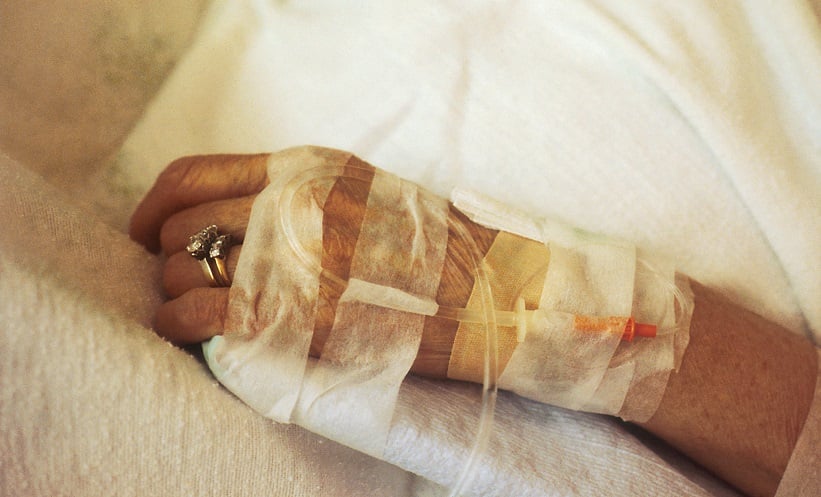BLADDER preservation therapy is being explored as an alternative to radical cystectomy in patients with localised muscle-invasive bladder cancer. Research conducted by Yali Shen, West China Hospital, Sichuan University, Chengdu, China, and collaborators has advanced this field further by comparing the efficacy of two bladder-sparing treatments: neoadjuvant chemotherapy plus immunotherapy versus chemotherapy alone.
Patients with cT2-4bN0-3M0-1a pathological and imaging-diagnosed muscle-invasive bladder cancer were included in the real-world study. Either combined-modality treatment or chemotherapy alone were administered. The chemotherapy regimen comprised gemcitabine and cisplatin/carboplatin. Immunotherapy was in the form of PD-1 checkpoint inhibitors, including pembrolizumab, tislelizumab, and toripalimab. Complete response rate was the primary endpoint. Progression-free survival and toxicity were among the secondary endpoints.
In total, 41 patients were enrolled in the trial. Of these, 25 received combination therapy, and 16 received chemotherapy. Importantly, the efficacy-evaluable population consisted of 34 patients: 22 in the combination group, and 12 in the chemotherapy group. The study authors noted that the baseline characteristics of the two treatment groups were well-balanced.
The complete response rates for the combination group and chemotherapy group were 50.0% and 0.0%, respectively. Moreover, three patients suffered from disease progression in the chemotherapy group compared with one in the combination group. Disease control rates were 95.5% for the combination group and 66.7% for the chemotherapy group. The 1-year progression-free survival rates were 95.5% and 62.5% for the combination and chemotherapy groups, respectively.
Finally, bladder-preserving combined-modality treatments were found to be well-tolerated, with manageable side-effects. Approximately 16% of patients in the combination group experienced Grade 3/4 haematological system adverse events, compared with 6.4% of patients in the chemotherapy group.
In summary, chemotherapy plus immunotherapy displayed superior efficacy compared with chemotherapy alone. Therefore, this approach might become an important bladder-sparing therapy for localised muscle-invasive bladder cancer in the future.








